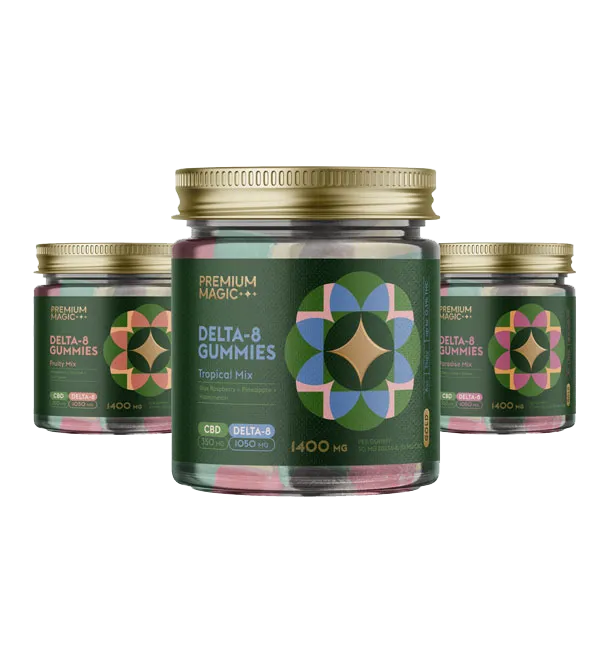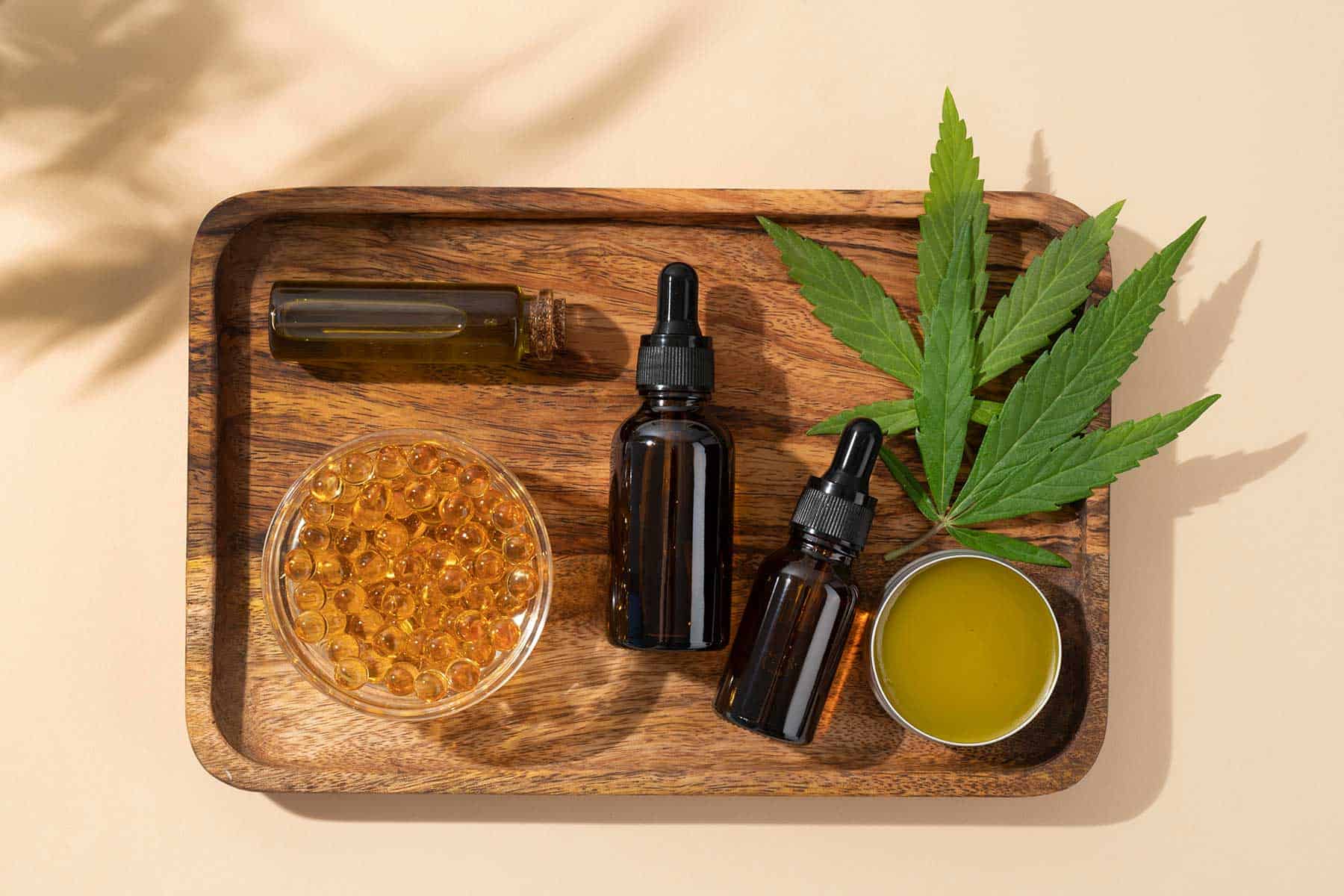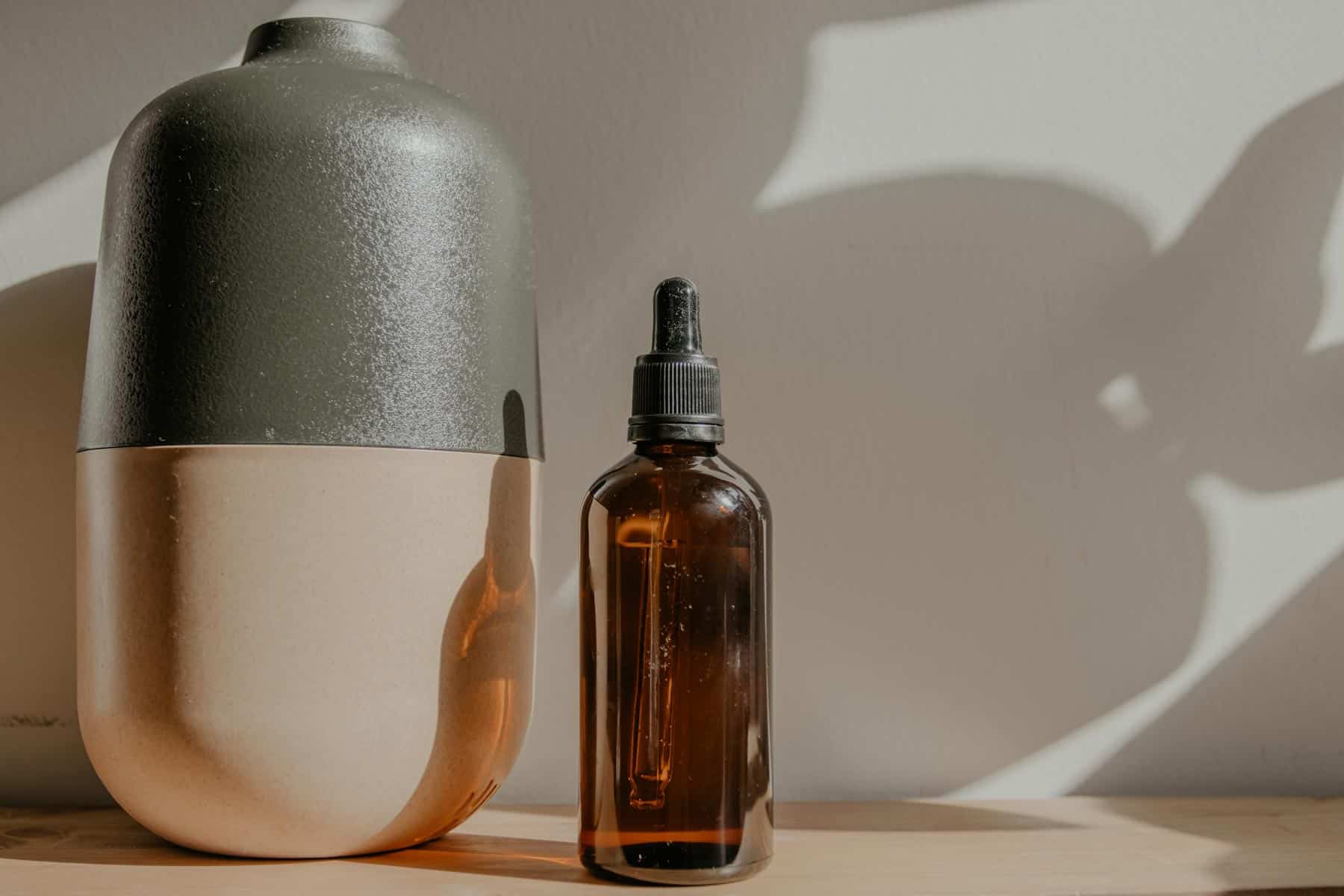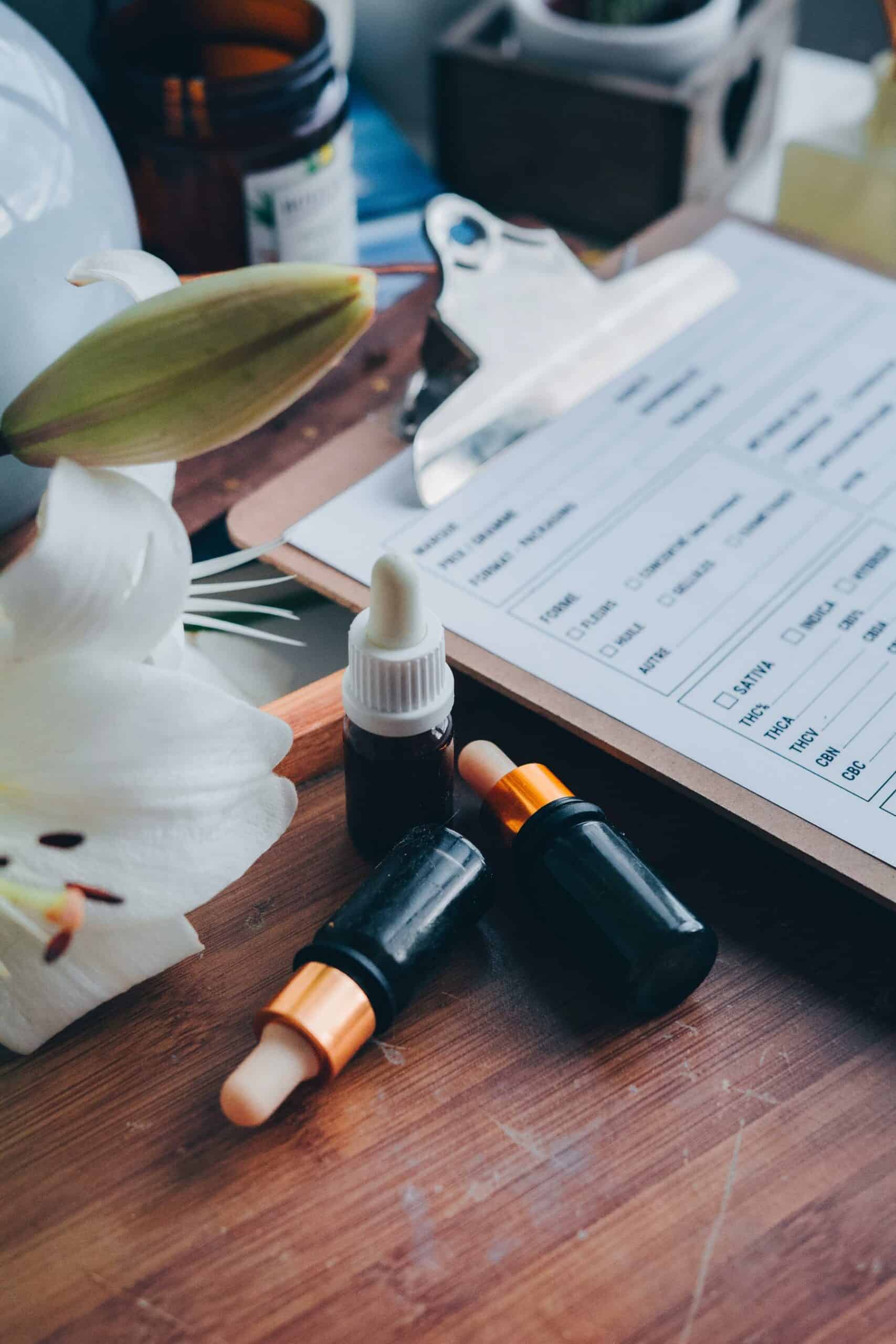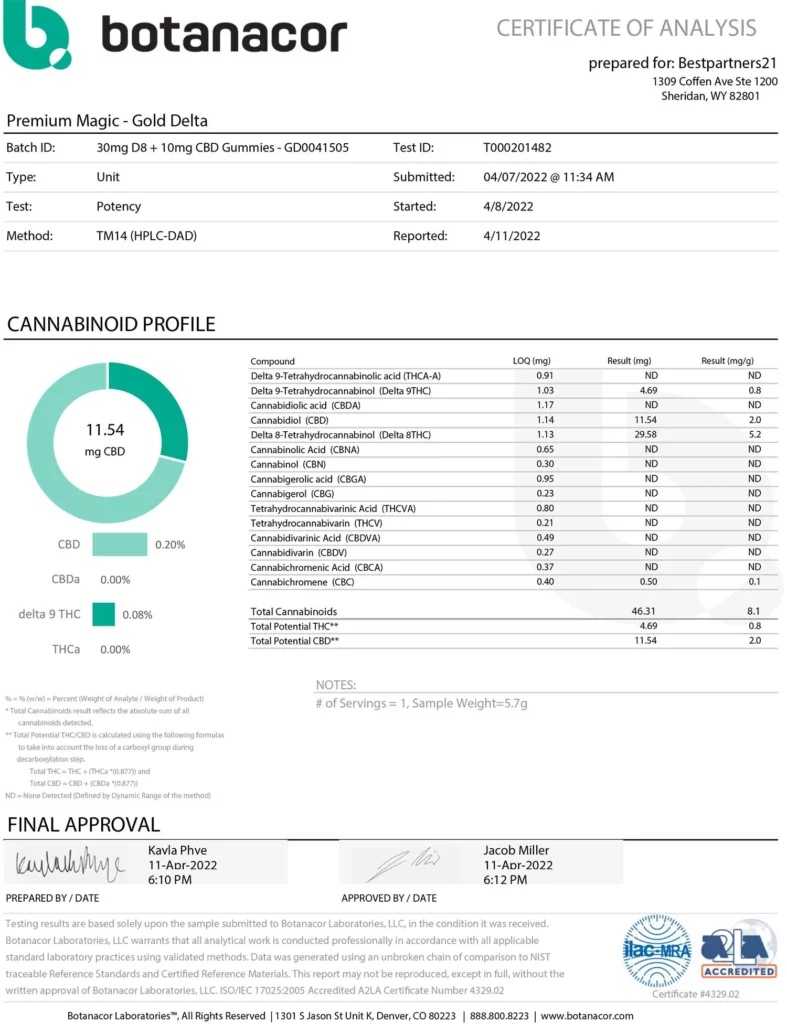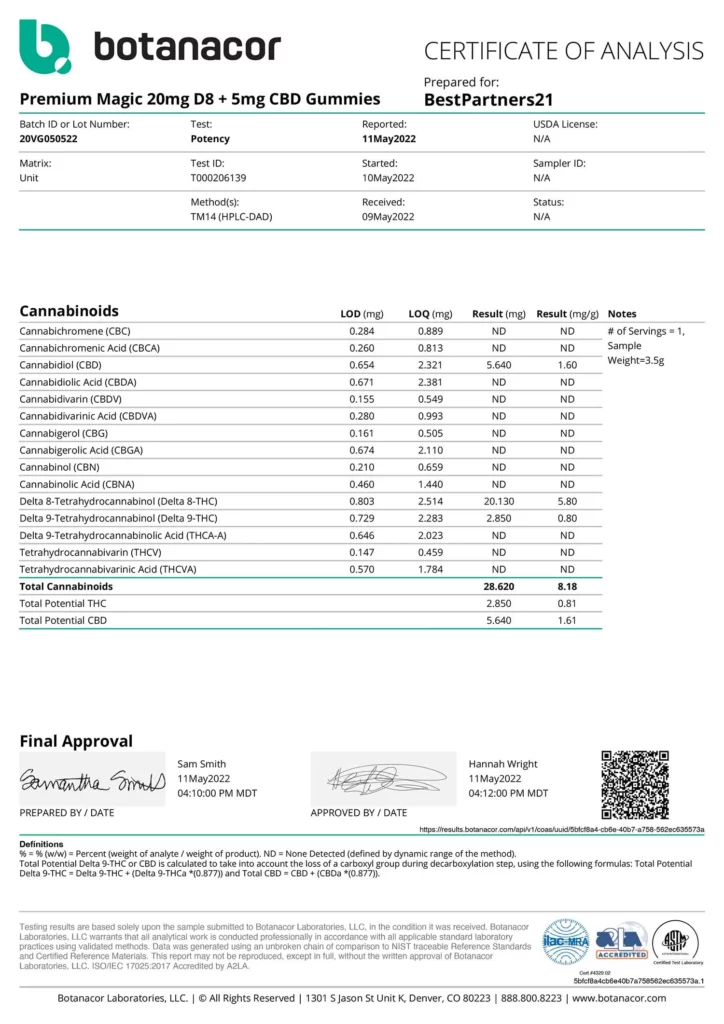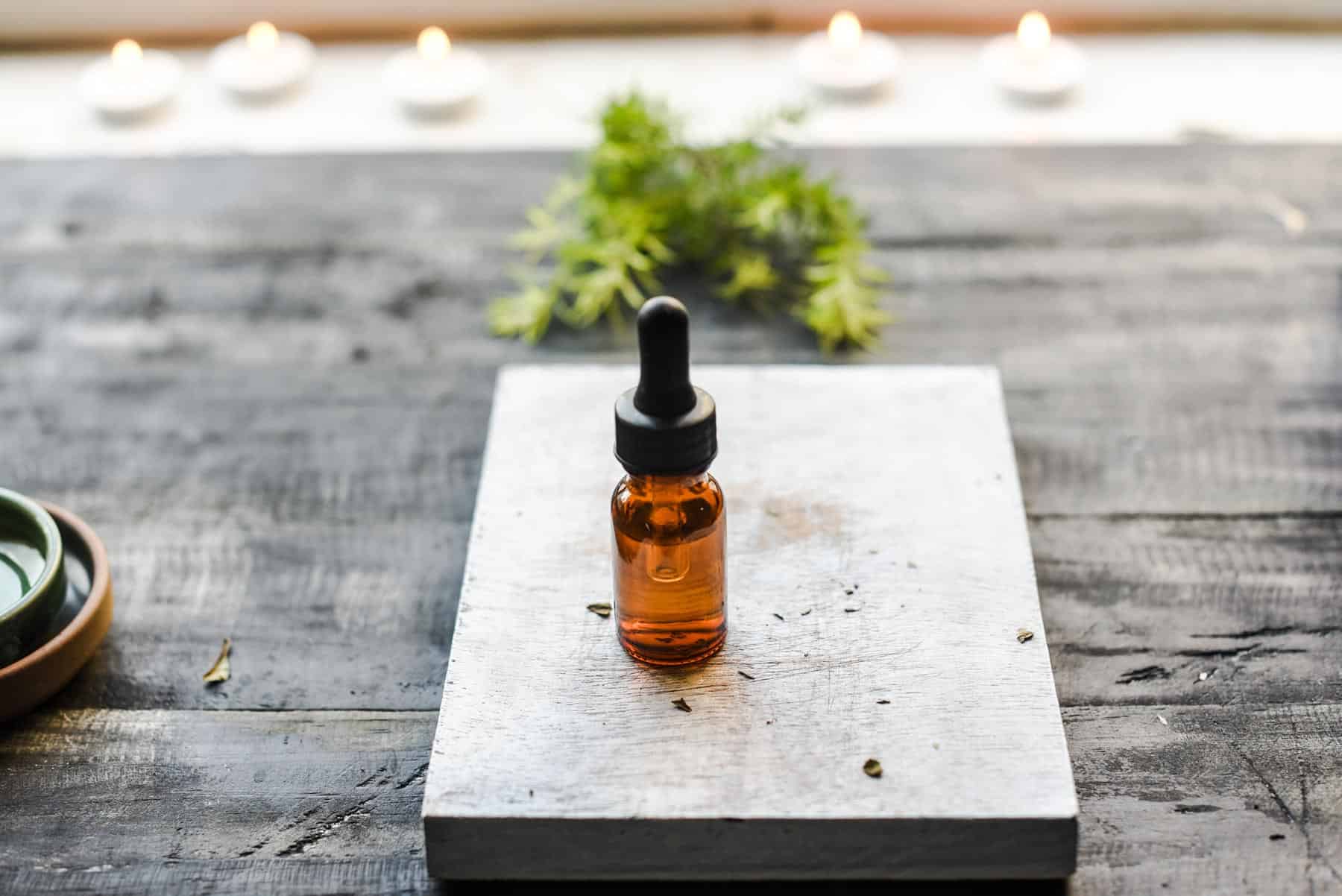
Decoding the Legality of Delta 8 and CBD Oil: A Comparative Study

Delta 8 and CBD oil stand as titans in the flourishing industry of cannabinoid-based wellness products, repeatedly surfacing in news stories and discourse due to their therapeutic potential. Both stem from the cannabis plant, but they offer different experiences; CBD is non-psychoactive and lauded for its potential health benefits, including alleviating anxiety and reducing inflammation.
Delta-8, on the other hand, is a variant of THC with milder psychoactive effects and has recently gained popularity for its perceived calming and focusing effects. However, the regulatory landscape for these substances is complex and constantly evolving, with their legal statuses often hinging on individual state laws and the specific derivation process used, sparking intense debate and speculation.
Unveiling the Origins: Delta 8 and CBD Oil
Unraveling the legal entanglement of Delta 8 and CBD oil necessitates a fundamental understanding of what these substances are and where they originate. Both compounds are derivatives of the cannabis plant, each distinguished by unique chemical structures that lead to divergent effects on the human body. CBD oil, short for cannabidiol, is a non-psychoactive compound known for its potential therapeutic properties, such as reducing anxiety and inflammation, and does not induce the ‘high’ typically associated with cannabis.
Delta 8, or delta-8-tetrahydrocannabinol, is a lesser-known analog of the more familiar delta-9-THC. Though it also has psychoactive properties, they are typically less intense than those of delta-9-THC, often described as providing a sense of calm and focus. The legality of both substances is complex and dependent on a myriad of factors, including specific state laws and the extraction method employed, underscoring the importance of a thorough understanding of their origins and properties.
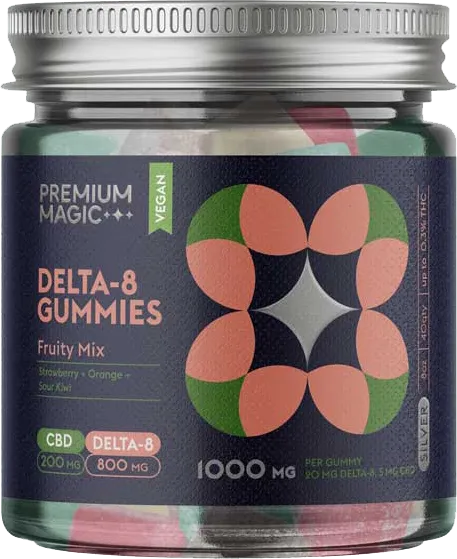
Silver Fruity Mix
Original price was: $68.99.$33.99Current price is: $33.99.
Or Subscribe and Save 30%
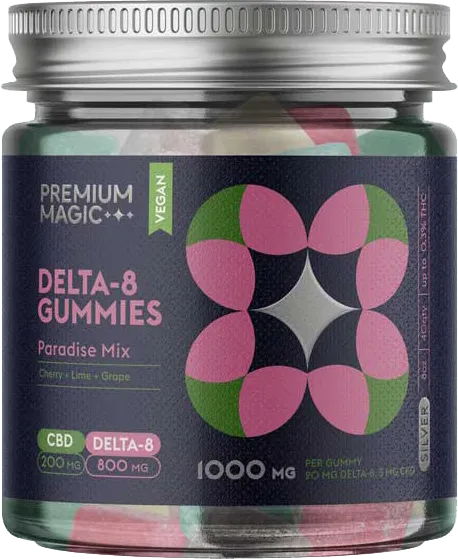
Silver Paradise Mix
Original price was: $68.99.$33.99Current price is: $33.99.
Or Subscribe and Save 30%
Delta 8: The Less Known Cannabinoid
Delta-8-Tetrahydrocannabinol, colloquially known as Delta 8, is a less prominent cannabinoid extracted from the cannabis plant. Its chemical structure closely mirrors that of Delta-9-THC, which is renowned as the primary psychoactive constituent in cannabis. However, Delta 8’s psychoactive properties are markedly less potent, providing a subtler experience.
Despite this reduced intensity, Delta 8 still elicits a psychoactive response, differing fundamentally from non-psychoactive cannabinoids like CBD. This more moderate psychoactive effect has generated interest in Delta 8 as a potential therapeutic agent, making it a significant player in the ongoing exploration of cannabis-derived compounds for wellness applications.
CBD Oil: The Rising Star
Cannabidiol, commonly referred to as CBD oil, is primarily derived from the hemp plant, a strain of the cannabis species. It’s celebrated for its array of potential therapeutic benefits, such as mitigating pain and reducing anxiety, earning it a significant reputation in the realm of holistic wellness.
Crucially, unlike THC variants like Delta 8 and Delta-9-THC, CBD oil does not exhibit psychoactive properties, meaning it doesn’t induce the ‘high’ commonly associated with cannabis. This absence of psychoactivity, coupled with its potential health benefits, has fueled a growing interest in CBD oil as an alternative approach to health and wellness.
The Legal Landscape of Delta 8 and CBD Oil
Given the nuanced nature of these substances, understanding their legality requires a deep dive into the shifting landscapes of federal and state law.
The Federal Stance: DEA’s Drug Scheduling
The federal legality of Delta 8 and CBD oil is largely influenced by the Drug Enforcement Administration (DEA)’s drug schedule, wherein the source of these cannabinoids plays a vital role. The DEA’s regulations differentiate between cannabinoids derived from marijuana and those extracted from hemp, a distinction pivotal in determining their legal status.
However, it’s important to note that these laws can vary across different jurisdictions, reflecting the complexity and evolving nature of cannabinoid regulation. The nuanced landscape underscores the necessity for continued research and policy revision to ensure both consumer safety and regulatory clarity.
The Hemp Farming Act: A Turning Point
The Hemp Farming Act of 2018, more commonly known as the 2018 Farm Bill, marked a critical juncture for hemp-derived products. The legislation legally defined hemp as cannabis (including its derivatives) that contain less than 0.3% Delta-9-THC on a dry weight basis, thereby legalizing it.
The bill effectively removed hemp-derived CBD from the Schedule I classification, hence making CBD oil federally legal, given it complies with the THC limit and other conditions stipulated in the Act. This legislation has been instrumental in shaping the landscape of CBD and other hemp-derived products, driving their adoption in wellness and therapeutic applications.
Delta 8: A Gray Area
The legality of Delta 8, however, treads murky waters. While it can be extracted from both marijuana and hemp, the minute quantities present in natural plant matter often necessitate chemical alteration of CBD or Delta-9-THC to yield substantial Delta 8.
The 2018 Farm Bill does not explicitly address this synthesized form, leaving a legal gray area. Some interpret the law as allowing all hemp derivatives, while others believe the synthetic process may push Delta 8 into illicit territory.
State Law: An Additional Layer
In addition to the overarching federal guidelines, the legality of Delta 8 and CBD oil is further muddied by diverse state laws. States across the U.S. vary widely in their approach to these substances – some fully legalize both, others allow one but not the other, and a few ban both outright.
This patchwork of regulations can be complex and confusing, highlighting the importance for consumers and retailers alike to thoroughly understand their specific state laws. Staying well-informed helps ensure compliance and reduces potential legal risks associated with the use or sale of these cannabinoid-based products.
In Conclusion: Navigating the Legal Maze
Understanding the legality of Delta 8 and CBD oil involves navigating a complex matrix of laws at both federal and state levels. Their legal statuses are not static; they are subject to the ebb and flow of legislative changes, often sparked by advances in scientific research and shifts in societal attitudes.
Consequently, consumers, retailers, and manufacturers must stay vigilant and informed, keeping pace with the evolving legal landscape. The intricacies of this legal labyrinth underscore the need for clear, accurate information to allow all parties to fully appreciate the implications of engaging with these intriguing cannabinoid-derived substances.
